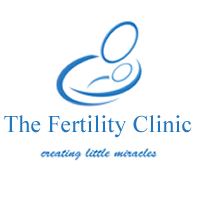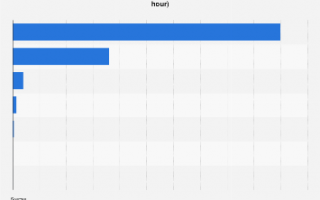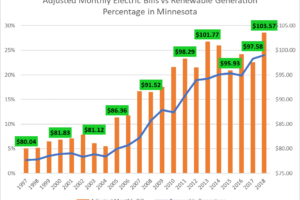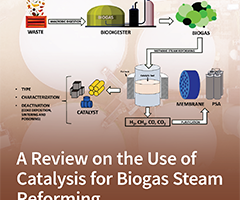Infertility treatment varies depending on the cause of infertility. These may be less complex treatments such as ovulation induction, timed intercourse and artificial insemination, even more, complex treatments such as in vitro fertilization test-tube baby.
It is common for women to ask their gynecologist, “Doctor, I wonder if I can get pregnant.” This questioning happens even if she has not yet tried to get pregnant. The fear that “I cannot be a mother” is understandable and natural. With the IVF this is the perfect option now.
Normally, there is no need to conduct investigations on couples who have not yet started an attempted pregnancy or who are trying less than 1 year, with a few exceptions. Even so, due to the vast exchange of information that occurs on the Internet, you realize that it has been common to see women, sometimes young and concerned about their potential for pregnancy and wondering: what is my ovarian reserve?

Just remembering
The woman is already born with her defined stock of eggs. That is, no more eggs are formed throughout life. And because of this, everything that happens throughout childhood, adolescence and adulthood can influence the quantity or quality of these eggs: surgeries, environmentally derived chemicals, radiation, medicines, etc.
The main markers for estimating ovarian reserve are:
Anti-Mullerian Hormone: A substance measured in the blood at any stage of a woman’s menstrual cycle.
Antral ovarian follicle count: This is the sum of the follicle count 2 to 10 mm in size of both ovaries by transvaginal ultrasound. It can also be done at any stage of a woman’s menstrual cycle.
Both parameters are important in this estimation of the ovarian reserve and are well correlated with each other and with the amount of woman’s remaining follicles eggs for both natural pregnancy and IVF. Remember that the quality of the eggs is related to the woman’s age, which increases the risk of embryo aneuploidy abnormality in the number of chromosomes.
What can really be said about the results of these analyses?
This just means that she has a lower number of eggs. It does not necessarily mean that she will enter menopause earlier, because the speed of spending the eggs varies from person to person, and is not predictable. For example, suppose you have a cash reserve in your bank and you need to withdraw some of that reserve monthly.
How long will it last? It depends, doesn’t it? How much you had initially and how much is the monthly withdrawal. Well, this analogy applies here. Having a low ovarian reserve does not necessarily mean that it will end quickly, as it depends on the speed of follicular recruitment and this estimate cannot be made. The natural mechanism of follicular recruitment is not yet fully known in medicine and is therefore not yet predictable.
That is, it may be consistent that someone with low ovarian reserve does not take too long to try to get pregnant. And if you do not have medium or long term pregnancy plans, you should consider egg vitrification or freeze in your life plans as an option for peace of mind. All this has to be considered taking into account the age of the patient at the time of the exam. It is well known that egg quality deteriorates with age, especially from 35 years onwards so few eggs plus age-related quality loss can be a tricky situation for some women. Beware of this association.





